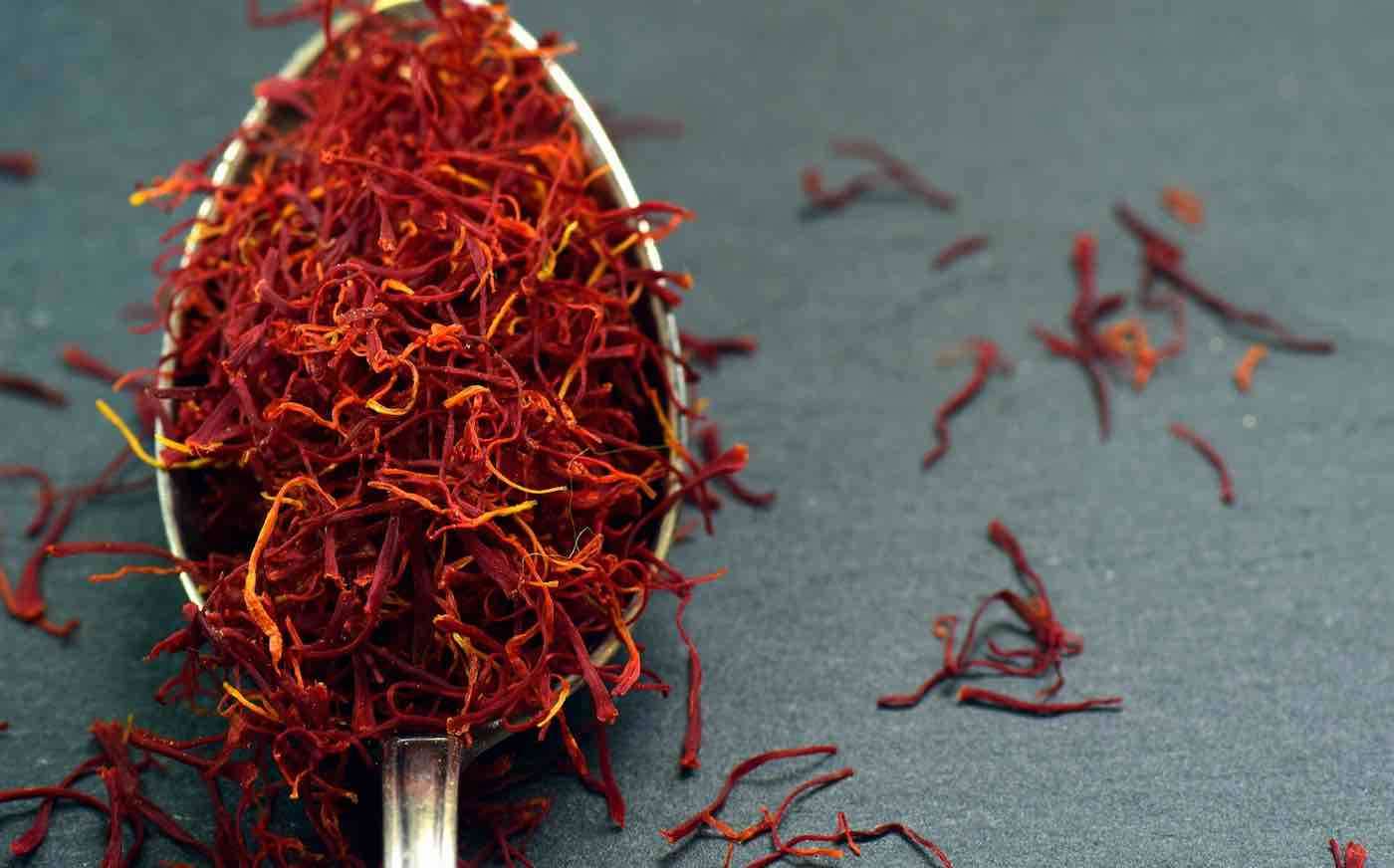New Way of Treating Aggressive Prostate Cancer Shows 'Promise' in Cedars-Sinai Phase III Clinical trial
Two new treatment options for aggressive prostate cancer have shown promise in a phase 3 clinical trial that improved survival odds.

Scientists conducted clinical trials into the effects of an herbal extract on mild cognitive impairment (MCI) found the herbal extract improved participants' memory in under three months.
Sailuotong (SLT) is an herbal preparation containing standardized extracts of Panax ginseng, Ginkgo biloba and Crocus sativus L.
The patients also performed better during executive function tasks, such as staying focused despite distractions and multitasking.
The Australian research team behind the study also believes dementia-to which MCI is considered a precursor-could be warded off using SLT, and hope to conduct longer studies that might indicate that.
The herbal mixture has been developed as part of a long-standing collaboration between Western Sydney University's NICM Health Research Institute and Xiyuan Hospital and the China Academy of Chinese Medical Sciences in Beijing.
SLT was already shown to be an anti-inflammatory antioxidant, with antiapoptotic, and cholinergic-enhancing properties-and the team says previous studies have demonstrated SLT's safety and potential cognitive benefits in vascular dementia and neuro-cognition in healthy adults.
However, this latest study, published in the journal Alzheimer's & Dementia, sought to test SLT as a potential treatment for MCI, which is characterized by cognitive decline including memory and thinking difficulties, and is often viewed as a precursor to dementia, affecting 17 percent of the world population over the age of 60.
The researchers conducted a 12-week trial of 78 participants aged 60 and older, all with previous diagnoses of MCI. The participants were randomly assigned either a 180mg capsule of SLT each day or a placebo.

The team's positive results showed significant improvement in the logical memory of the elderly adults who received the SLT, compared with those in the placebo group.
The SLT group also exhibited improved performance in executive function tasks such as planning, exercising self-control, following multiple-step directions even when interrupted, staying focused despite distractions and multi-tasking.
"People with mild cognitive impairment have an increased risk of dementia-over fivefold in some cases-and at the moment we do not have any approved medications for mild cognitive impairment," said lead author Associate Professor Genevieve Steiner-Lim, at NICM Health Research Institute.
"Our findings are very promising as they show that even after a relatively short treatment period of just 12 weeks, SLT can support important aspects of memory and thinking in people with mild cognitive impairment."
Participants also showed few incidences of any mild or moderate side effects.
Although she admits that further research into the long-term benefits and the impact of the herbal extract on daily functioning and quality of life is needed, Dr. Steiner-Lim remains optimistic about SLT potentially helping to delay dementia.
The team hopes to conduct another trial with a larger sample size and longer treatment period to test whether SLT can be used to treat mild cognitive impairment and potentially delay a diagnosis of dementia.
A cursory search into any proven benefits of the three herbs individually shows that, for ginseng, the U.S. FDA and Federal Trade Commission have issued numerous warnings since 2019 to manufacturers of those dietary supplements for making false claims of health or anti-disease benefits.
But for Ginkgo, a meta analysis of studies showed in 2017 that evidence suggested it has potentially beneficial effects over placebo on cognitive performance.
The Crocus sativus flower is used in the culinary spice saffron, which has also been used for health purposes, especially in traditional Asian medicine. Its biologically active chemical compounds (mainly alkaloids, anthocyanins, carotenoids, flavonoid, phenolic, saponins, and terpenoids) can cause a mood-enhancing effect in persons with major depressive disorder, among other benefits including sleep and vision problems.
DON'T FORGET to SHARE The Memory Tips On Social Media…
Be the first to comment